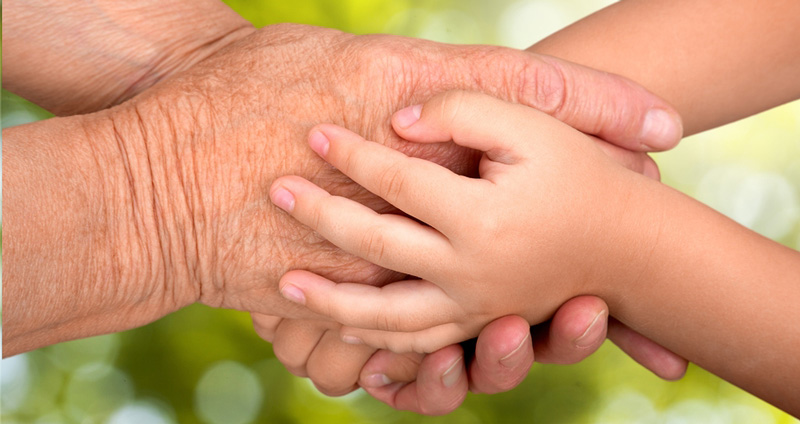
COLUMBIA—Human trafficking is a crime that preys on some of the most vulnerable members of society, ranging from children and young women to immigrants and the disabled. The novel coronavirus has presented law enforcement and other agencies with new challenges in trying to help these victims in South Carolina.
“The past year has been a new experience in trying to continue efforts to combat trafficking in South Carolina, and unfortunately, because of the pandemic, we know that vulnerable people have become even more vulnerable because they are more isolated,” said Kathryn Moorehead, coordinator of the state’s Human Trafficking Task Force at the Office of the Attorney General.
On Jan. 11, the task force released its annual report on human trafficking in the state, featuring statistics for 2020 and specific information about where the crime is committed most often in the state. The release coincides with January being proclaimed Human Trafficking Awareness Month by the governor’s office.
Some information from the report:
» In 2020, 139 human trafficking cases were reported in South Carolina, involving 179 victims.
» The top five counties in South Carolina for human trafficking reports were, in order: Horry, Charleston, Greenville, Richland and Anderson.
» Ten defendants were charged with 13 counts of human trafficking in state courts in 2020, and eight of those cases have been closed. There are currently 75 more cases of human trafficking pending in the courts.
» The top five locations and forms of sex trafficking in the state are massage parlors and spas, hotel- and motel-based businesses, residences, pornography, and escort/delivery services.
» The top five industries for labor trafficking are hospitality, construction, traveling sales businesses, agriculture, and food service.
» The problem affects people of all ages, even the elderly, Moorehead said. The South Carolina Department of Aging is also part of the advisory council because senior citizens are often overlooked as victims of trafficking, especially in the area of labor trafficking. Moorehead said groups that work with the disabled are also represented because people with disabilities, especially children, are often targeted by traffickers.
In an effort to reach more victims, Moorehead said in 2020 the task force formed an advisory council that includes people from different organizations and state agencies that can offer their expertise to work with victims of trafficking. The council includes experts on mental health and drug abuse.
A bill that addresses the scourge of human trafficking by increasing the penalties against those who solicit sex is being supported by the S.C. Catholic Conference (SCCC).
The bill, SC 244, was first introduced in the state House and Senate during the 2019 legislative session but never came to a final vote because of the pandemic, according to Michael Acquilano, director of the SCCC. The bill targets the sex trade industry by imposing increased penalties for solicitation. It has been reintroduced for 2021 in both chambers.
Moorehead said the state task force is holding a virtual event later this month, specifically for faith groups that want to be involved in the fight against human trafficking. The webinar will discuss ways to raise awareness about the problem and suggest ways that churches and other faith groups can join in the effort to combat trafficking and assist victims.
» The S.C. Human Trafficking Task Force will offer a free interfaith webinar on how to raise awareness of human trafficking and ways to help victims. The webinar will be held Jan. 29 from noon to 1 p.m. To register, visit https://bit.ly/3qbCEIf
To learn more about human trafficking in South Carolina and ways to help raise awareness and aid victims, visit the state’s Human Trafficking Task Force site at http://humantrafficking.scag.gov.
To report a potential case of trafficking, contact the National Human Trafficking Center at 888-373-7888.



